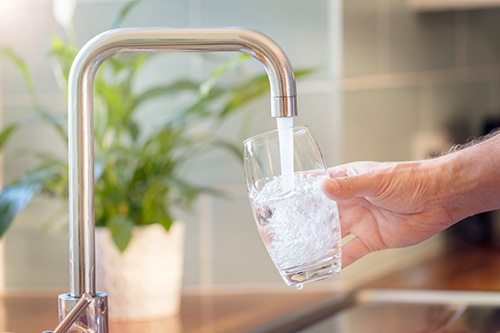
Choosing the right water heater for your home can be a daunting task, as there are several types available on the market with different features, sizes, and capabilities. However, with a little bit of research and understanding of your household’s hot water needs, you can easily find the perfect water heater for your home.
The first step in choosing the right water heater is to determine your hot water needs. You’ll need to consider the number of people in your household, as well as the number of bathrooms, and appliances that use hot water, such as a dishwasher or washing machine. This information will help you determine the size of water heater you’ll need.
Once you have an idea of the size of water heater you’ll need, you can start to consider the different types available. The most common types of water heaters include:
- Conventional storage tank water heaters: These are the most common type of water heater and typically have a storage tank that holds between 20 to 80 gallons of hot water. They are powered by electricity, natural gas, or propane and are a good option for households with moderate hot water needs.
- Tankless water heaters: These water heaters heat water on demand, rather than storing it in a tank. They are more energy-efficient than conventional storage tank water heaters and can provide an endless supply of hot water. Tankless water heaters are a good option for households with high hot water needs, such as large families or homes with multiple bathrooms.
- Heat pump water heaters: These water heaters use electricity to transfer heat from the air or ground to heat the water. They are more energy-efficient than conventional storage tank water heaters and are a good option for households in mild climates.
- Solar water heaters: These water heaters use energy from the sun to heat water. They are the most energy-efficient type of water heater and are a good option for households in sunny climates.
When choosing a water heater, it’s also important to consider the energy efficiency of the unit. Water heaters are labeled with a energy factor (EF) rating, which measures the unit’s overall energy efficiency. The higher the EF rating, the more energy-efficient the unit is.
Another important factor to consider is the warranty offered by the manufacturer. A good warranty will protect you against any defects or malfunctions that might occur during the first few years of use. Look for water heaters with long-term warranties (5-10 years) and make sure that you have the warranty information in writing from the manufacturer.
Lastly, it’s important to consider the cost of the water heater and installation. Conventional storage tank water heaters are typically the most affordable option, while tankless and heat pump water heaters are generally more expensive. Solar water heaters can be the most expensive option, but they can also provide long-term savings on your energy bills.
In conclusion, choosing the right water heater for your home can be a bit overwhelming, but with a little bit of research and understanding of your household’s hot water needs, you can easily find the perfect water heater. It’s important to consider the size, type, energy efficiency, warranty and cost of the unit before making a final decision. It is always recommended to consult with a professional plumber to ensure the right water heater is chosen and properly installed for your home.


